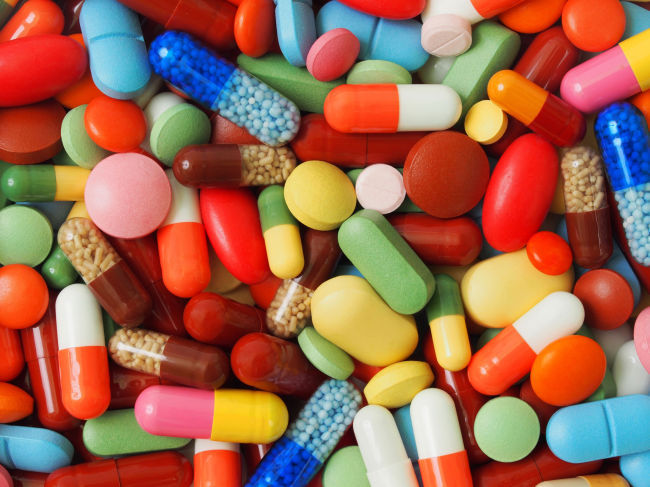Fresh concerns are rising over the expansion of illegal kickbacks offered by pharmaceutical companies to doctors in South Korea, as prosecutors have begun investigating the local arm of Swiss pharmaceutical giant Novartis on suspicions of bribery.
The Seoul Western District Prosecutor’s Office raided Novartis Korea on Monday, confiscating the company’s documents and checkbooks on allegations that it had handed out money and other kickbacks, known in the industry as “rebates,” to local doctors.
Rebate provisions -- drugmakers offering kickbacks to doctors in exchange for prescribing their products -- have been a long-running illegal practice in the pharmaceutical industry that drives up patient costs.

The Seoul Western District Prosecutor’s Office raided Novartis Korea on Monday, confiscating the company’s documents and checkbooks on allegations that it had handed out money and other kickbacks, known in the industry as “rebates,” to local doctors.
Rebate provisions -- drugmakers offering kickbacks to doctors in exchange for prescribing their products -- have been a long-running illegal practice in the pharmaceutical industry that drives up patient costs.


“Novartis Korea is fully cooperating with the prosecution on this case,” said a Novartis Korea spokesperson, who declined to give details about the investigation.
The prosecution is looking to find out how the rebates were offered, though “it is too early to confirm any charges against the company, as the investigation is still ongoing,” said an official involved in the case.
The Novartis case is drawing particular alarm given that the industry malpractice, which had been carried out mostly by domestic drugmakers up to now, is seemingly spreading even to non-Korean players.
Korean pharmaceutical companies, most of which locally sell generic versions of brand-name drugs whose patents have expired, have often turned to rebates as a means of driving up their sales amid fierce competition from other generic drugmakers.
On the other hand, global pharmaceutical firms have been mostly detached from such practices, given the premium value of their original drugs as well as stricter sales policies enforced by their headquarters.
Industry watchers say global pharma companies in Korea may be struggling to retain sales these days, since a growing number of original drugs are losing their patent protection while new drugs have yet to be commercialized.
“As several global pharma firms lose patents on their original blockbuster drugs, generics are stealing away a large portion of their market shares,” said an industry official on condition of anonymity.
“Foreign drugmakers may be stepping up their marketing activities in Korea in a bid to remain competitive amid the introduction of generics, though such moves should stay within legal boundaries.”
In the face of growing public criticism, the government and the Korea Pharmaceutical Manufacturers Association have been stepping up their crackdown on the rebate problem through harsher punishments and insider reports, among other efforts.
At the same time, some industry insiders pointed out that the practice continues today in the form of kickbacks transferred via alternative and inconspicuous ways. They stressed the need for stricter governance and a major perception shift in related stakeholders.
By Sohn Ji-young (jys@heraldcorp.com)

















![[KH Explains] Hyundai's full hybrid edge to pay off amid slow transition to pure EVs](http://res.heraldm.com/phpwas/restmb_idxmake.php?idx=652&simg=/content/image/2024/04/18/20240418050645_0.jpg&u=20240418181020)

![[Today’s K-pop] Zico drops snippet of collaboration with Jennie](http://res.heraldm.com/phpwas/restmb_idxmake.php?idx=642&simg=/content/image/2024/04/18/20240418050702_0.jpg&u=)